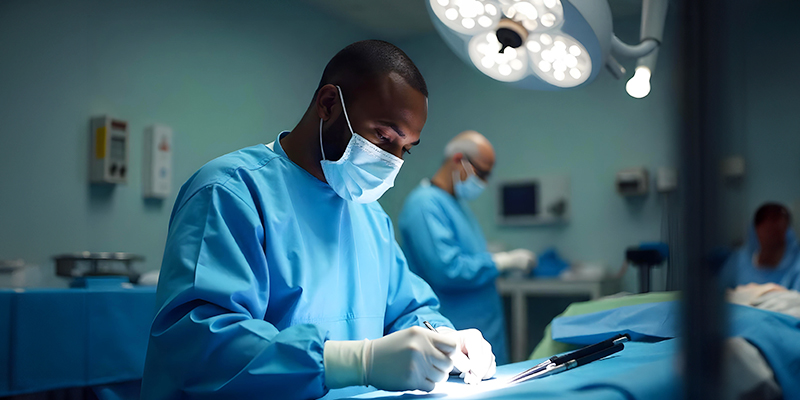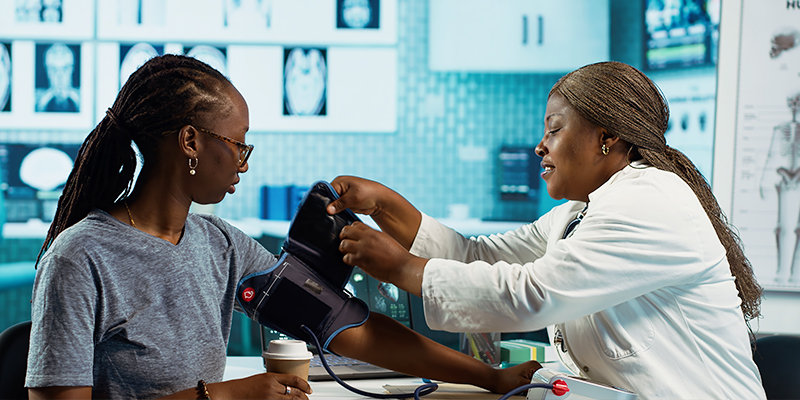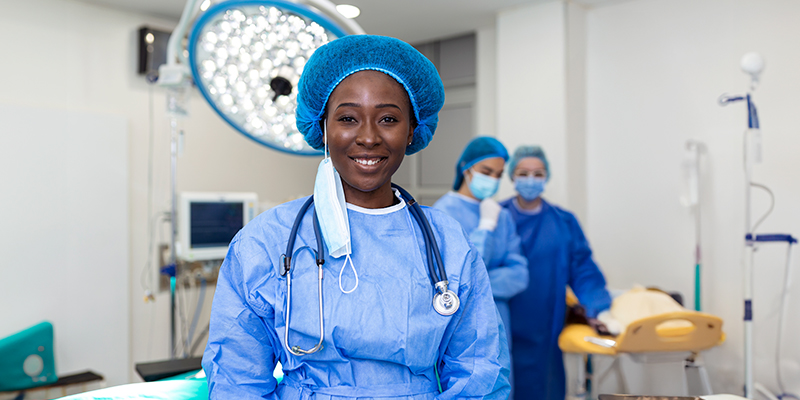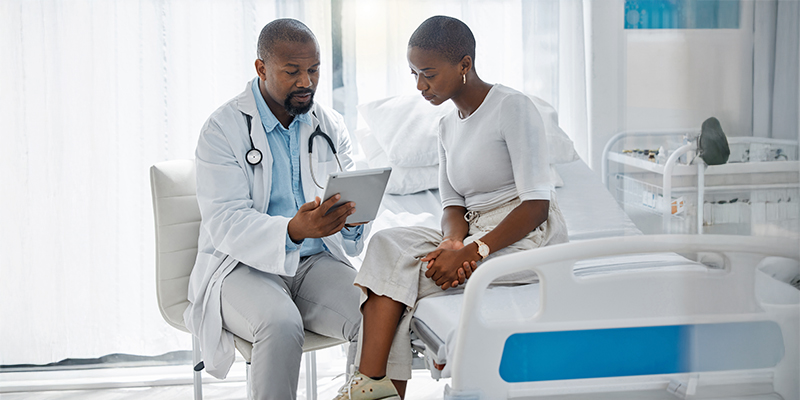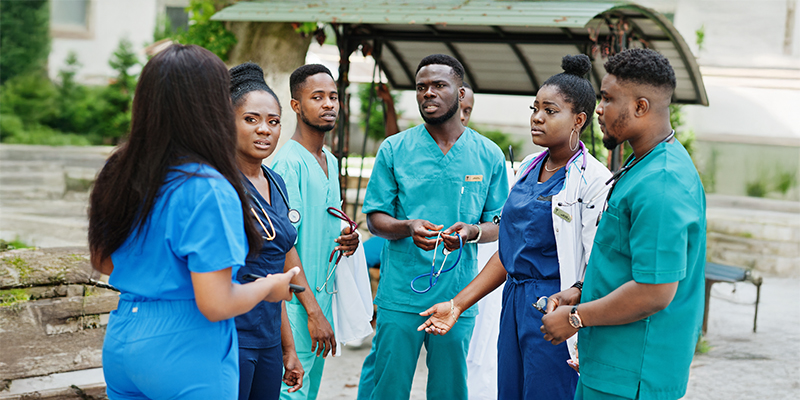Tuberculosis (TB) is a contagious infection that primarily affects the lungs but can also spread to other body parts including the brain and spine. The World Health Organisation (WHO) considers it to be one of the 10 causes of death globally. However, with the advancements in medical science, TB is curable in most cases. Find below its causes, symptoms, treatment and how you can prevent it altogether.
Tuberculosis: Causes
This critical condition is caused by a bacteria known as Mycobacterium tuberculosis which spreads when the infected person coughs or sneezes. Some TB strains have become resistant to medication and available treatment options.
Tuberculosis: Risk Factors
People with poor or weak immune systems are more prone to catching the infection. Thus, health conditions like HIV AIDS that weaken one’s immune system increase the risk of TB as well. Other risk factors include:
- Drug misuse
- Excessive consumption of alcohol
- Certain cancers
- Malnutrition
- End-stage kidney stage
- Diabetes
To treat certain diseases and during surgeries like an organ transplant, medicines are administered that suppress one’s immune system. This also increases the person’s risk of getting infected.
Tuberculosis: Symptoms
People with strong immune systems may catch the infection but not develop any signs or symptoms. This condition is known as latent TB and is non-contagious, however, it can transform into active TB over years. In the cases of active TB, the below-mentioned symptoms are commonly observed:
- A cough that lasts for over 3 weeks
- Pain while breathing or coughing
- Blood in cough
- Unexplained weight loss
- Loss of appetite
- Fever
- Fatigue
As mentioned earlier, TB majorly affects the lungs and respiratory system, however, its advanced levels may affect other organs such as the brain, spine, kidneys and bone marrow. Thus, symptoms associated with other affected organs may also appear that vary from person to person.
Tuberculosis: Treatment
Unlike most bacterial infections that are cured within a week or two with the help of antibiotics, TB requires a six to nine months of treatment course where a combination of medicines is administered to the patient. In case the course is not completed or the person discontinues it upon experiencing relief in the symptoms, TB can reoccur. Therefore, it is necessary to ensure that one completes the full treatment course as prescribed by their doctors to get treated and prevent further complications.
The medications usually prescribed to treat TB may lead to mild to severe side effects including liver injury. Therefore, one should keep checking for the slightest changes in their physical health and upon experiencing any such change, should immediately notify their doctor.
Tuberculosis: Prevention
Vaccination, called BCG or Bacillus Calmette-Guerin, is available to prevent TB, however, it can prevent only a few TB strains. Since it is an airborne disease, one should avoid contact with people affected by TB. Also, people with active TB and those on medication for TB should always wear a surgical mask and avoid visiting crowded places. If you are at a higher risk of contracting the infection, discuss with your doctor without delay.
The Bottom Line
Upon timely diagnosis and intervention, TB can be treated completely without leading to any complications. Thus, look out for its signs and symptoms and consult a doctor upon observing the same. To access world-class yet affordable healthcare facilities, ranging from TB treatment to bronchiectasis treatment, visit the multi-speciality medical centre -- HJ Hospitals. Now you can also schedule a complete health check-up appointment with us to ensure your health and well-being.






 Apr 05, 2021
Apr 05, 2021 Admin
Admin




